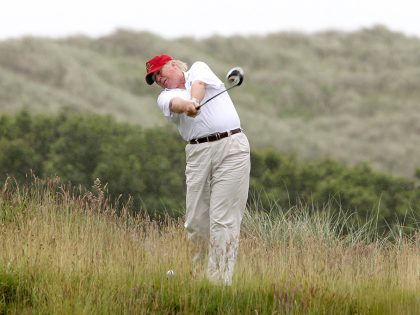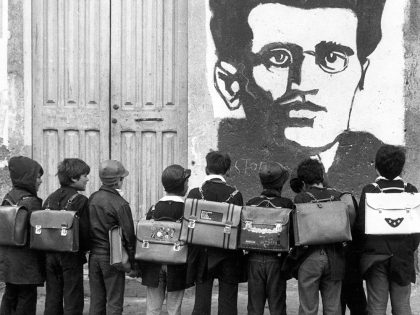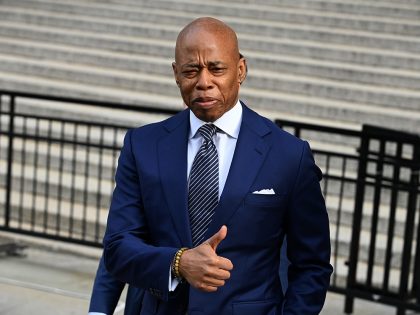
The Life and Death of Paris’s Red Belt
How discontent over housing, and not workplace struggle, made Paris’s suburbs hotbeds of communism.
William G. Martin teaches at SUNY-Binghamton and is co-author of After Prisons? Freedom, Decarceration, and Justice Disinvestment (2016) and a founding member of Justice and Unity for the Southern Tier; he covers local justice matters at www.justtalk.blog

How discontent over housing, and not workplace struggle, made Paris’s suburbs hotbeds of communism.

Every game of golf in New York City comes at a cost.

The Geneva Freeport is home to millions of masterpieces you and I will never see. lost-art
Mike Davis may still be right that slums will dominate the cities of the future — but his prediction was at least a decade premature.

Andrés Manuel López Obrador’s amazing success as president had a lot to do with his time as mayor.

After World War I, Italian Socialists built an impressive array of welfare programs, schools, and libraries in cities. Fascist backlash soon revealed the limits of their strength.

Under the leadership of poet and activist Tawfiq Zayyad, Nazareth emerged in the 1970s as a hub of anti-Zionist resistance.
Egypt’s authoritarian president has recreated Cairo in his image, bulldozing ancient tombs, working-class neighborhoods, and the city’s already scarce green space.

South Africa’s townships were built to enforce white supremacy. Three decades into democracy, they remain the foundation of a racialized capitalism that governs through scarcity and patronage.

India has launched major schemes of urban transformation in cities like Ayodhya. Behind the rhetoric of modernity lurks a crude religious chauvinism.

Boutique storefronts, gourmet shops, and bike lanes are not the reason urban housing is unaffordable.

Guardian Angels founder Curtis Sliwa’s unsuccessful run for mayor of New York was a stark reminder of how much has changed in NYC since the dark days of the fiscal crisis — and how much remains the same.

Eric Adams’s alleged record as Brooklyn borough president and mayor of New York City would be tough for anyone to top.

Politicians and thought leaders have spent decades demonizing American cities. urban-legends
On crime, just as on other issues, Zohran Mamdani is leading the Left out of dead-end sloganeering and toward progressive governance.

Jacobin Finally Gets the Key to the City